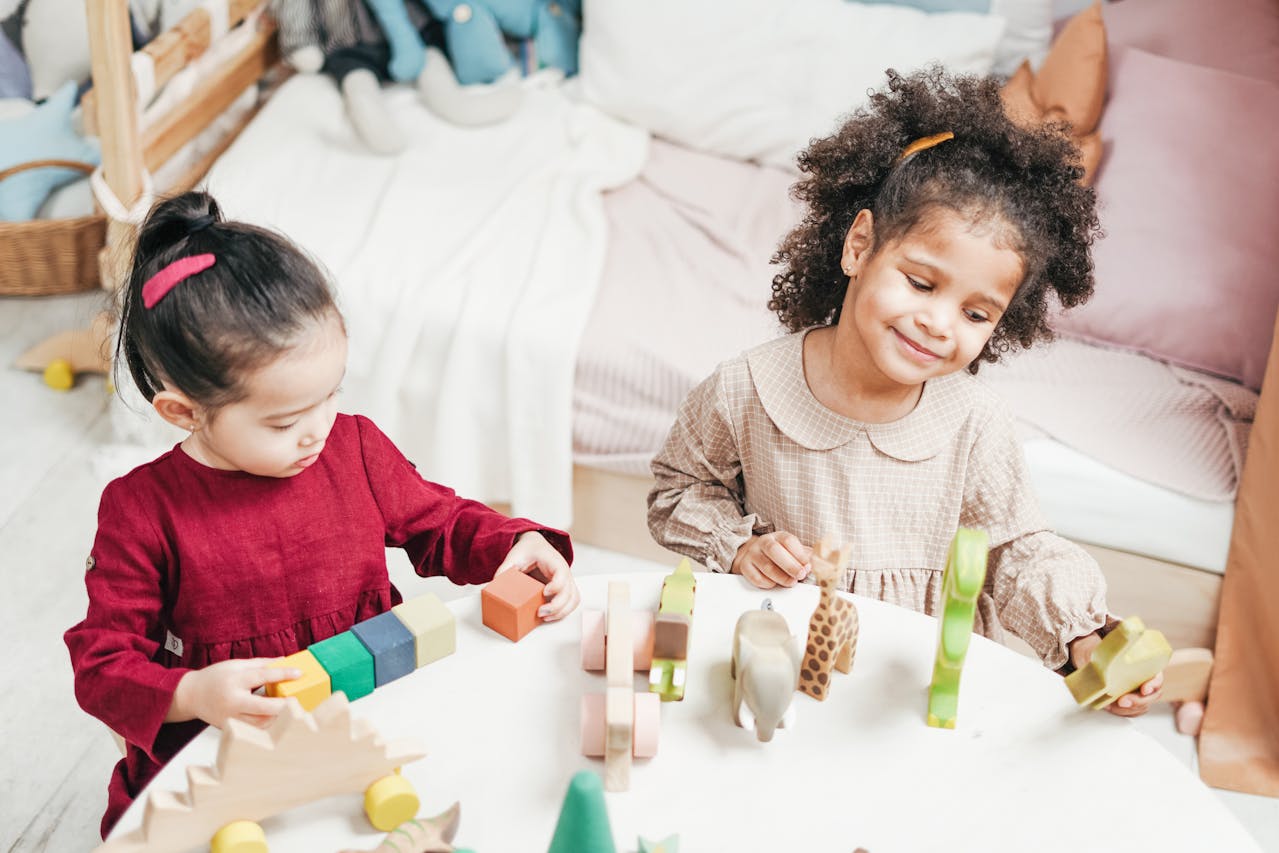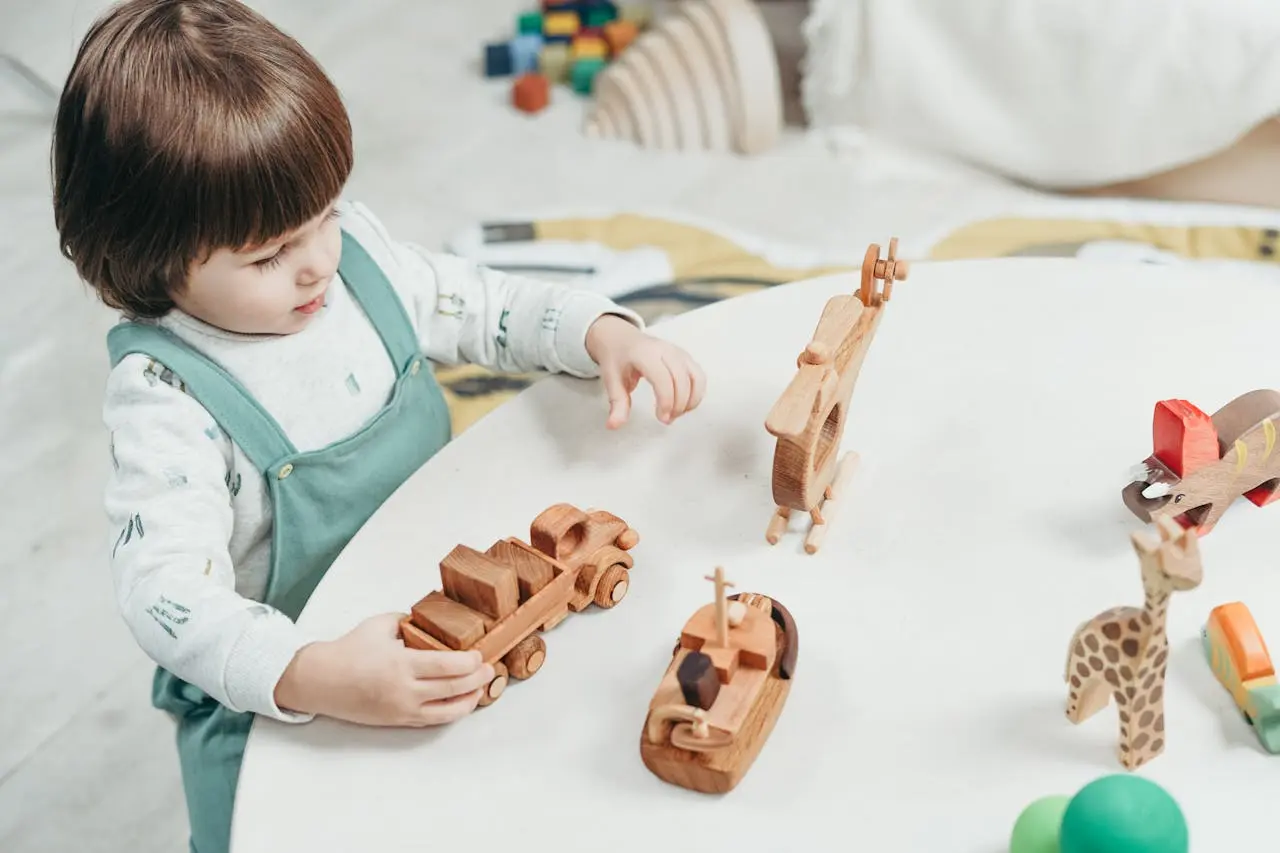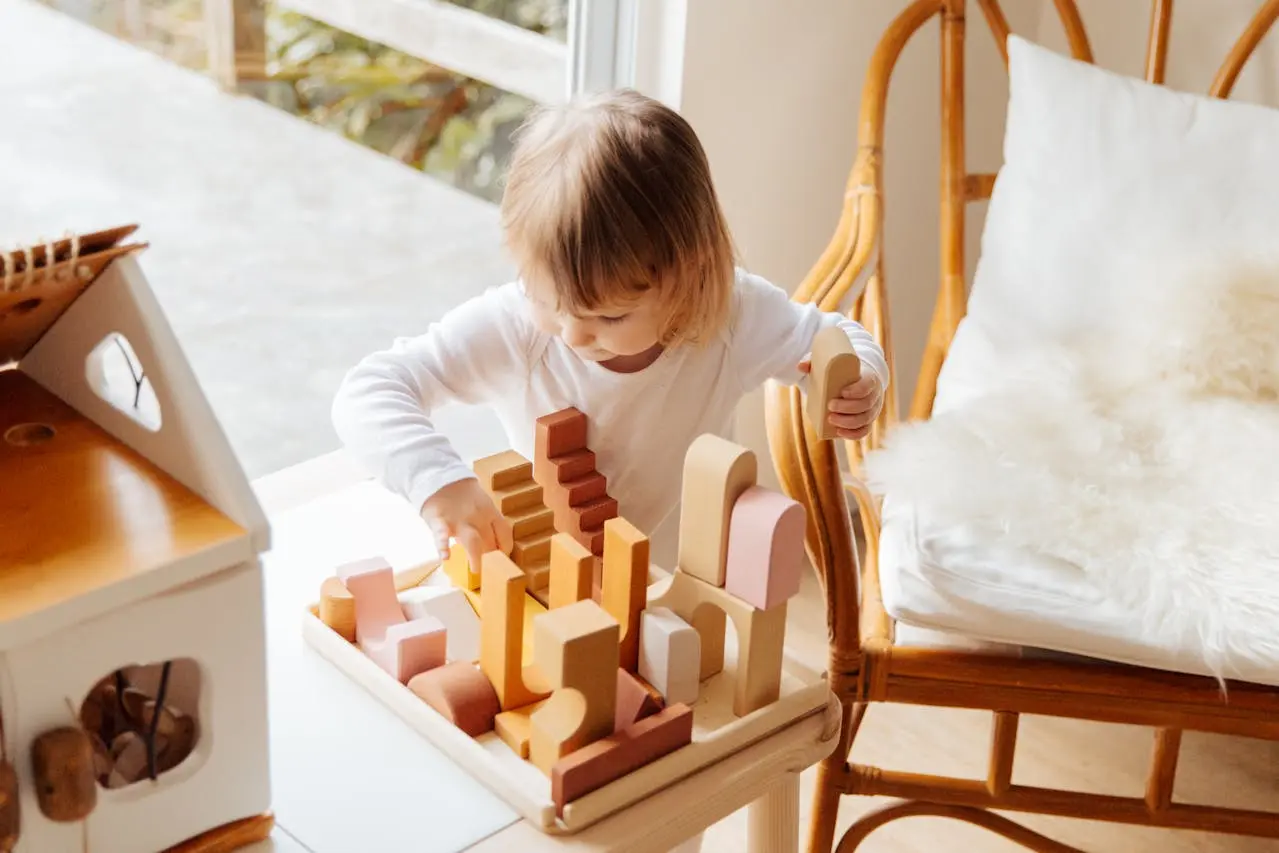Strong relationships nurtured in a child’s earliest years are the foundation for everything that comes next.
And we’re not just talking about parents. The impact a loving caregiver has on a child’s life is immeasurable.
Positive relationships influence a child’s emotional development (feeling secure and loved), social development (learning to connect with others), and intellectual development (curiosity and exploration).
The 6Rs is a framework for early childhood education that emphasises positive development. This blog looks closely at one of those Rs, ‘Relationships’.
What Are The 6 Rs?
The 4Rs, adapted to the 6Rs by the Isle of Man Department of Education, Sport & Culture, is a useful framework of learning dispositions for empowering children.
These dispositions help set children on a positive path and create a blueprint for a happy, healthy mindset as they grow. It’s within these that we see the true benefits of being in a nursery environment come through.
The 6Rs are:
- Relationships (respectful relationships)
- Reflection (helping children learn from experiences)
- Resourcefulness (problem-solving and exploration)
- Resilience (bouncing back from challenges)
- Remembering (developing memory skills and information recall)
- Readiness to learn (developing curiosity and inquisitive thinking)
This blog covers the first of the 6Rs; Relationships. Research shows us that healthy development depends heavily on the quality and reliability of a young child’s relationships with the important people in his or her life, both within and outside the family.
The Impact Of Relationships
Strong, positive relationships play a key role in young children's development in every area; intellectual, social, emotional, physical, behavioural, and moral.
Human relationships formed and maintained during the early years of a child’s life affect several later-occurring developmental outcomes, like how they feel about themselves, how they relate to others, how motivated they are to learn and how well they do in school.
Here’s an overview of how relationships affect three key areas.
Brain Development
Children’s brains are highly responsive to their environment. Positive interactions in quality, meaningful relationships help to create strong neural connections that will support future functioning.
Caregiver interactions also provide ample opportunity for problem-solving and language development, as well as critical thinking.
Secure Attachment:
Strong relationships in early childhood, where caregivers consistently meet a child’s needs with warmth, help to form a secure attachment bond.
Children who develop secure attachments early on feel safe and confident in exploring their environment. Feeling safe and loved also reduces stress hormones and helps children regulate.
Self-Esteem
Feeling cared for and valued promotes children’s self-worth. When the adults in their lives encourage them, praise their efforts and show them they matter, children believe in themselves.
How We (And You!) Can Build Relationships
How nursery settings support children in understanding and forming relationships is important, and Hopes & Dreams nurseries have got it covered.
Hopes & Dreams settings put a lot of emphasis on encouraging and nurturing relationships, both with the children and their families, and we build our relationships with the children in our care by getting to know your child. We make them feel seen and heard.
Here's how we can all build effective relationships with the children in our lives.
Responsiveness
Paying attention to a child’s nonverbal cues, such as their facial expressions and body language, is crucial during interactions. These signs display how the child is feeling, and caregivers can then respond promptly and warmly with hugs, smiles and eye contact.
Using language to display empathy and validate a child’s feelings is another key area of ensuring children feel safe and secure. Phrases used to do this often name feelings, such as ‘you seem frustrated’, to help the child recognise what’s happening inside them.
Routines
Predictable daily routines go a long way in building healthy relationships because they provide a sense of security and belonging. At nursery, this means a daily rhythm that can be depended upon, punctuated by snack times, lunch times and story times.
At home, a weekly schedule as well as a daily routine is important. What do you do on Wednesdays? Which days are nursery days? What is your morning routine when you wake up?
We do not want to micromanage our children’s time. A rhythm is gentle and lets the children know what’s coming next, whilst providing ample space for child-led play and exploration. Giving children choices within the routine, such as asking for nursery rhymes or book suggestions during quiet time, hands control back to the child.
Play As Connection
Play is central to relationship development. How do you play with your children?
Do you get down on their level and fully engage in playful interactions? Follow your child’s lead and take turns during play to get the most out of this element of relationship nurturing. Outdoor play helps to foster teamwork through shared experience, and roleplaying families and schools enables children to sound out the dynamics of different scenarios.
How often do you let loose and act silly with your children? Hopes & Dreams children love it when adults get silly because it creates a joyful atmosphere that positions practitioners as playful and not simply authority figures.

Conflict Resolution Support
Nursery staff, parents and carers alike can model and guide children through healthy conflicts that arise, supporting them to find resolution with their peers.
Conflict isn't something to be scared of!
By teaching children simple phrases like ‘I feel…’ and ‘Can we try…?’, we empower children to express themselves, find compromises and work through disagreements. Learning these skills lays the groundwork for strong friendships in childhood and beyond.
Positive relationships developed in early childhood set the foundations for solid life skills. These include teamwork, making friends, understanding and respecting others and an acceptance of healthy boundaries.
Within Hopes & Dreams settings, our practitioners are committed to supporting children through conflict and providing endless opportunities to play and develop relationships.
Looking to find out more about the real benefits of sending your child to nursery? Read this blog.











